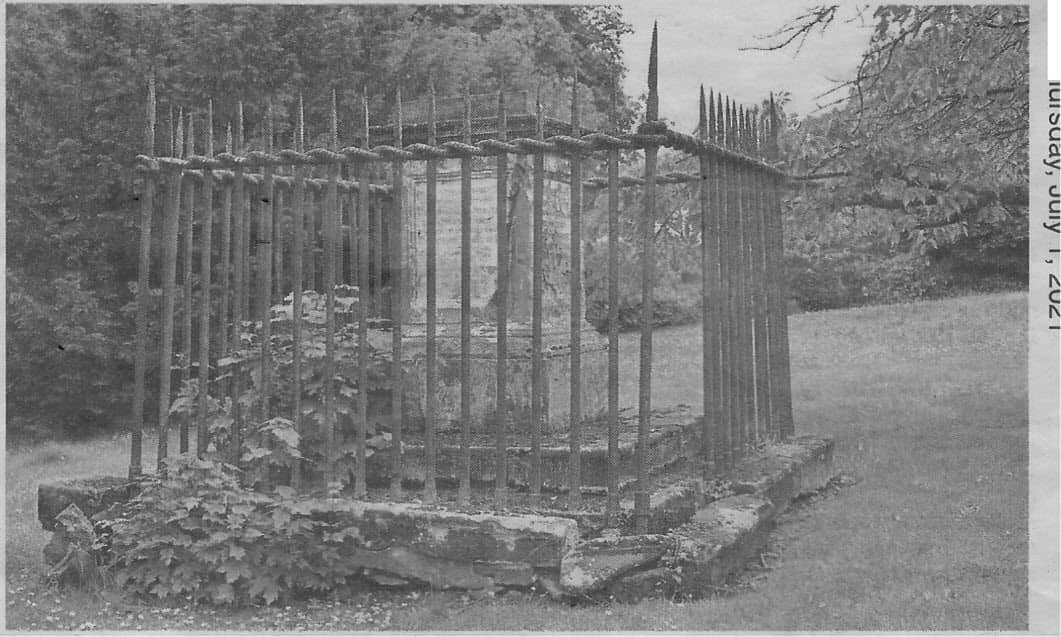
Like many people, I have been sitting in the garden during the warm weather reading a book.
However, this wasn't one of the detective novels to which I am addicted. Instead it was the account book recording all the outgoings of a gentleman living in Sutton in the early 19th century.
The gentleman in question was Joseph Webster III of Penns Hall. He was a manufacturer of wire at the mill adjacent in his residence. The account book encompasses the years 1808 until 1818 and provides a fascinating insight into the lifestyle of a prosperous 19th century Suttonian.
We find Webster ordering new waistcoats and breeches for himself at a cost of £20 4s 9d and an umbrella for lOs, selling one of his horses for 'a pony' (£25) and buying a brown mare for £49 7s, employing a gardener at £4 a month, buying candles to light the house for £6 9s and cheese for 17s. Webster enjoyed dining with the Sutton elite - he paid one guinea to cover the cost of the fish eaten by all those attending one dinner.
He was an intellectually curious man, buying shares in the Birmingham Philosophical Society, which arranged evening lectures, and regularly ordering books and even a microscope, at a cost of 9s.
Charity also mattered to Webster. He made donations to provide medical assistance for poor married women in Sutton who were about the give birth. Through an intermediary he arranged to pay two shillings a week for two months to a poor woman he had encountered in Birmingham. Joseph Webster III was the fourth generation of his family to take charge of the wire-making business at Penns.
The wire was used to produce chains, needles and fish hooks. He was a talented man, with a real eye for business and technological skills. His development of a high manganese steel wire enabled him to dominate the market for piano wire, squeezing out the German manufacturers.
Thirty years after taking over the business at Penns Webster had increased profits sixteenfold. A partnership between Webster's son. Baron and James Horsfall took over running the business in 1855. Horsfall was a competitor, but had a patent for a new form of steel wire.
It was the firm of Webster and Horsfall that manufactured the armouring for the Atlantic cable of 1866, which enabled messages to sent in hours from the Old World to the New.
Joseph Webster III-died in 1856. His memorial can still be seen in the churchyard at Holy Trinity.
Webster & Horsfall & the Atlantic Cable by Ste hen Roberts can be ordered from Amazon, priced at £4.50.
Associate Professor
Stephen Roberts